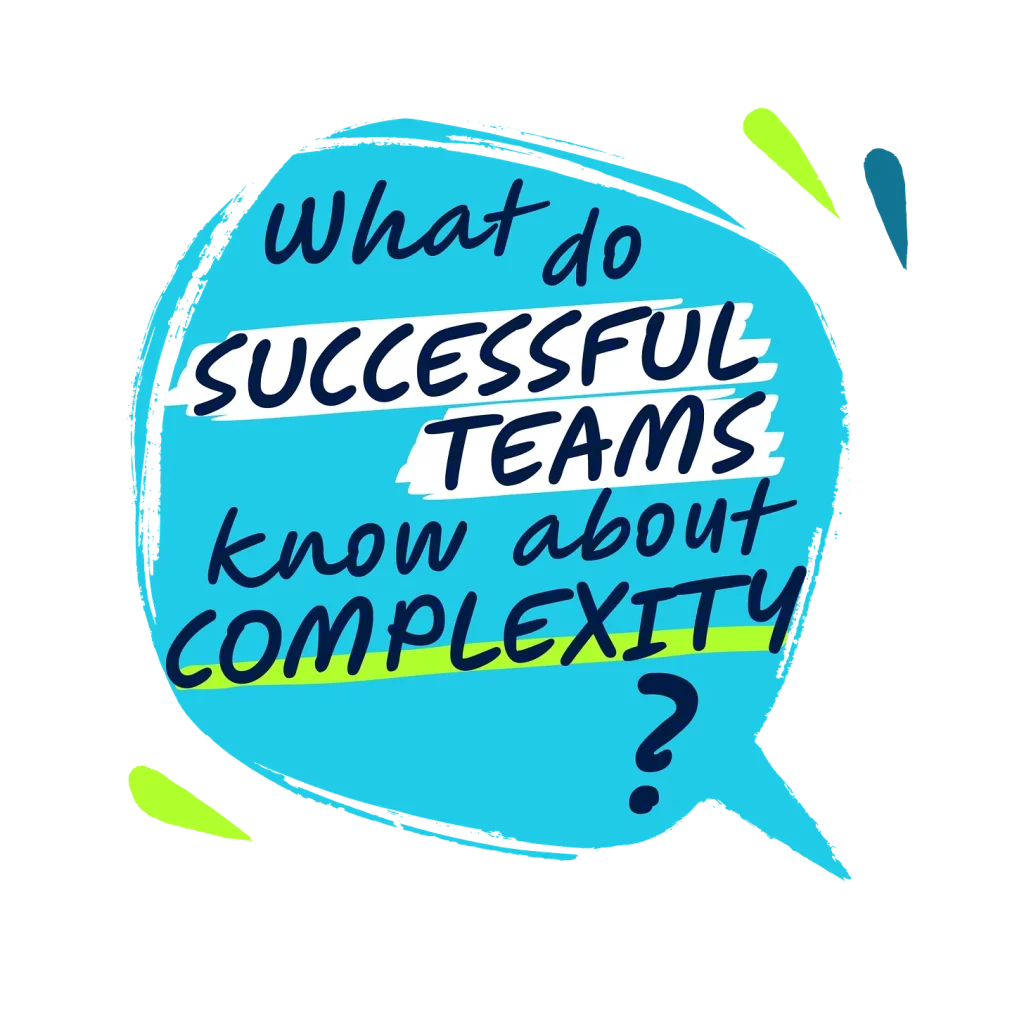Successful teams deal with complexity by embracing it as an opportunity for growth. They prioritise based on customer value, inspect & adapt continuously to overcome challenges in product development.
Successful teams understand that complexity is part of today’s fast-paced product landscape. They recognise that embracing complexity is critical to delivering valuable products for clients and stakeholders. These teams leverage their knowledge of product management and level up their ways of working, adopting Scrum values and Kanban principles to navigate product development challenges effectively.
1. Embrace Complexity:
Successful teams understand that building digital products is inherently complex. They know that when facing more unknowns than knowns, you need to adopt an empirical approach and continuously be open to new practices that can improve your way of delivering value. Rather than fearing complexity, they approach it as an opportunity for creative problem-solving and innovation.
2. Iterative Approach:
They frequently prioritise delivering working product increments, allowing for early feedback and adjustments. For this to work, they break down big pieces of work, like features, into smaller, manageable items to deliver value sooner. This allows for continuous improvement.
3. User-Centric Focus:
They prioritise delivering value to end-users, constantly engage with them, and incorporate feedback into future product development. A core principle for these teams is to keep the customer at the centre of their work and to observe their behaviour in relation to the product constantly. They actively engage with users and customers, gather feedback from them, and adapt their products better to meet the needs and wishes of their customers.
4. Continuous Learning:
They live a continuous learning and adaptation culture, promoting transparency, inspecting, and adapting to the changing environment. Success in managing complexity comes from a commitment to continuous learning.
5. Cross-Functional Collaboration:
They recognise that no single role can solve complex problems alone; successful teams collaborate and welcome individuals with diverse skills and expertise. This cross-functional approach enables them to address complex challenges effectively.
6. Waste Reduction:
By applying lean principles, these teams focus on eliminating unnecessary steps, processes, or features that do not directly contribute to delivering value to customers. This streamlined approach ensures that what’s really valuable can be delivered in a complex environment.
This successful team prioritises continuous learning, collaborates cross-functionally, and focuses on user-centric solutions, all while minimising waste in their processes. Ultimately, they view complexity as an opportunity for growth and innovation, enabling them to succeed in the ever-evolving world of product building.


